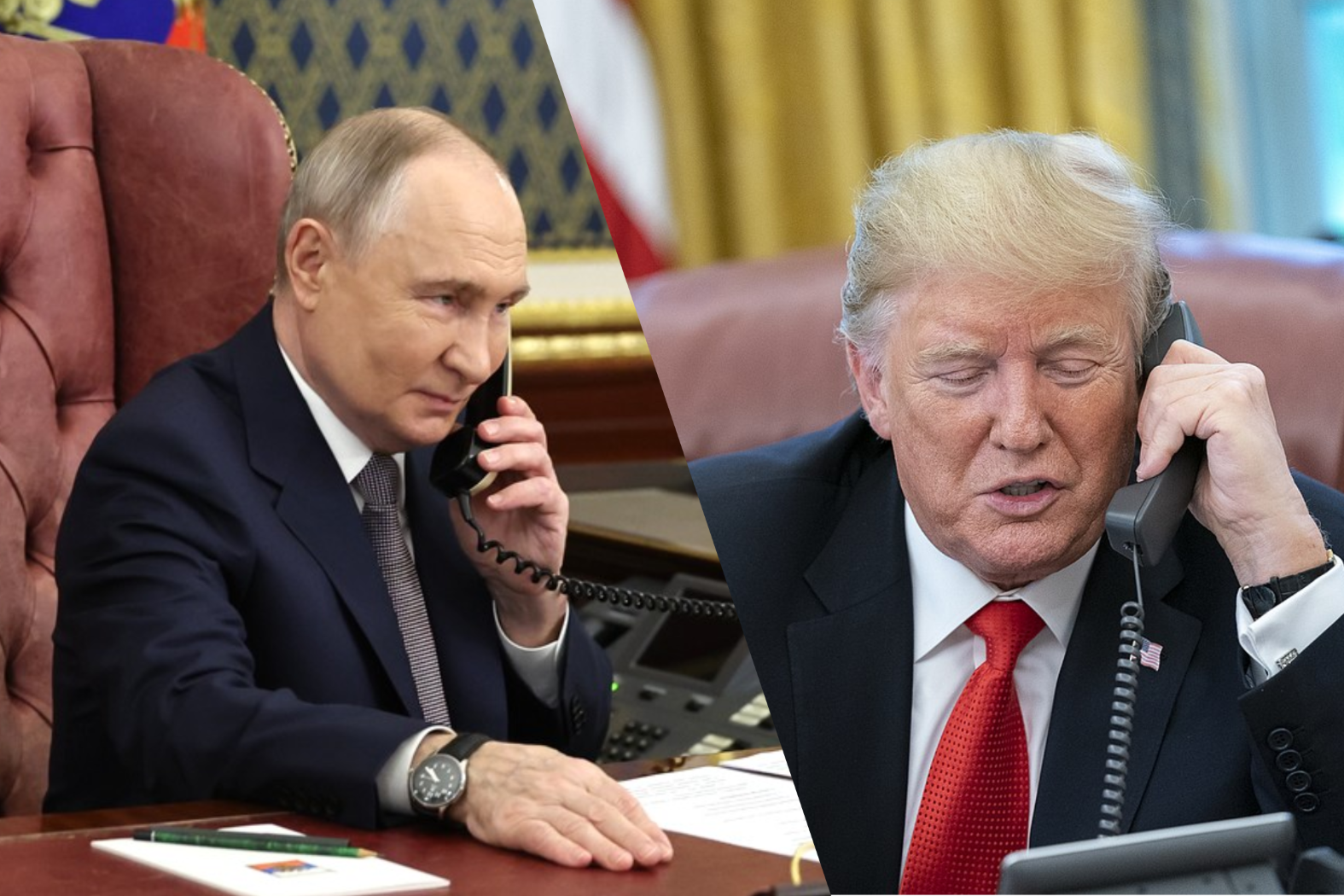Jake Sanders, Editor
A phone call between Russian President Vladimir Putin and U.S. President Donald Trump on Wednesday has stirred speculation about its potential impact on Ukraine’s efforts to secure advanced weaponry from the United States. The conversation took place just one day before Ukrainian President Volodymyr Zelensky’s high-stakes visit to Washington, where he is expected to request Tomahawk cruise missiles to bolster Ukraine’s long-range strike capabilities.
According to Kremlin and White House readouts, the Putin-Trump call focused on the ongoing war in Ukraine and the prospects for a negotiated settlement. While no formal agreements were announced, both sides acknowledged discussions of a possible in-person meeting in Budapest in the coming weeks.
The timing of the call has drawn scrutiny from analysts and lawmakers, particularly as Trump has yet to publicly endorse the transfer of Tomahawk missiles to Kyiv. The Biden administration had previously withheld such weapons due to concerns about escalation, but Zelensky’s visit was seen as a potential turning point.
Trump’s national security envoy, retired General Keith Kellogg, confirmed that “productive discussions” had taken place with Zelensky’s team, but declined to comment on whether a decision regarding the missiles had been made. Senator Marco Rubio, who will lead the U.S. delegation during Zelensky’s visit, also remained noncommittal.
Moscow, meanwhile, praised Trump’s “constructive tone” and reiterated its opposition to further Western arms shipments to Ukraine. Russian Foreign Minister Sergey Lavrov said the Kremlin viewed the call as “a positive signal” for diplomacy.
The call also plays into Trump’s growing image as a global peacemaker — a narrative he has leaned into in recent months with high-profile overtures in the Middle East and Asia. If Trump is seen as successfully mediating a halt to the Ukraine conflict, it would mark a major symbolic victory for his diplomatic brand, reinforcing his claim to be the only leader capable of “ending endless wars” through negotiation rather than escalation.
Critics warn that the optics of the call — and its proximity to Zelensky’s visit — could undermine Ukraine’s negotiating position. “It’s hard to ignore the symbolism,” said one European diplomat. “Putin is trying to preempt Zelensky’s appeal by shaping Trump’s thinking in advance.”
As of Friday morning, no official decision on the Tomahawk transfer had been announced. Zelensky is expected to address a joint session of Congress later today, where he will make the case for continued U.S. support amid intensifying Russian offensives in eastern Ukraine.


